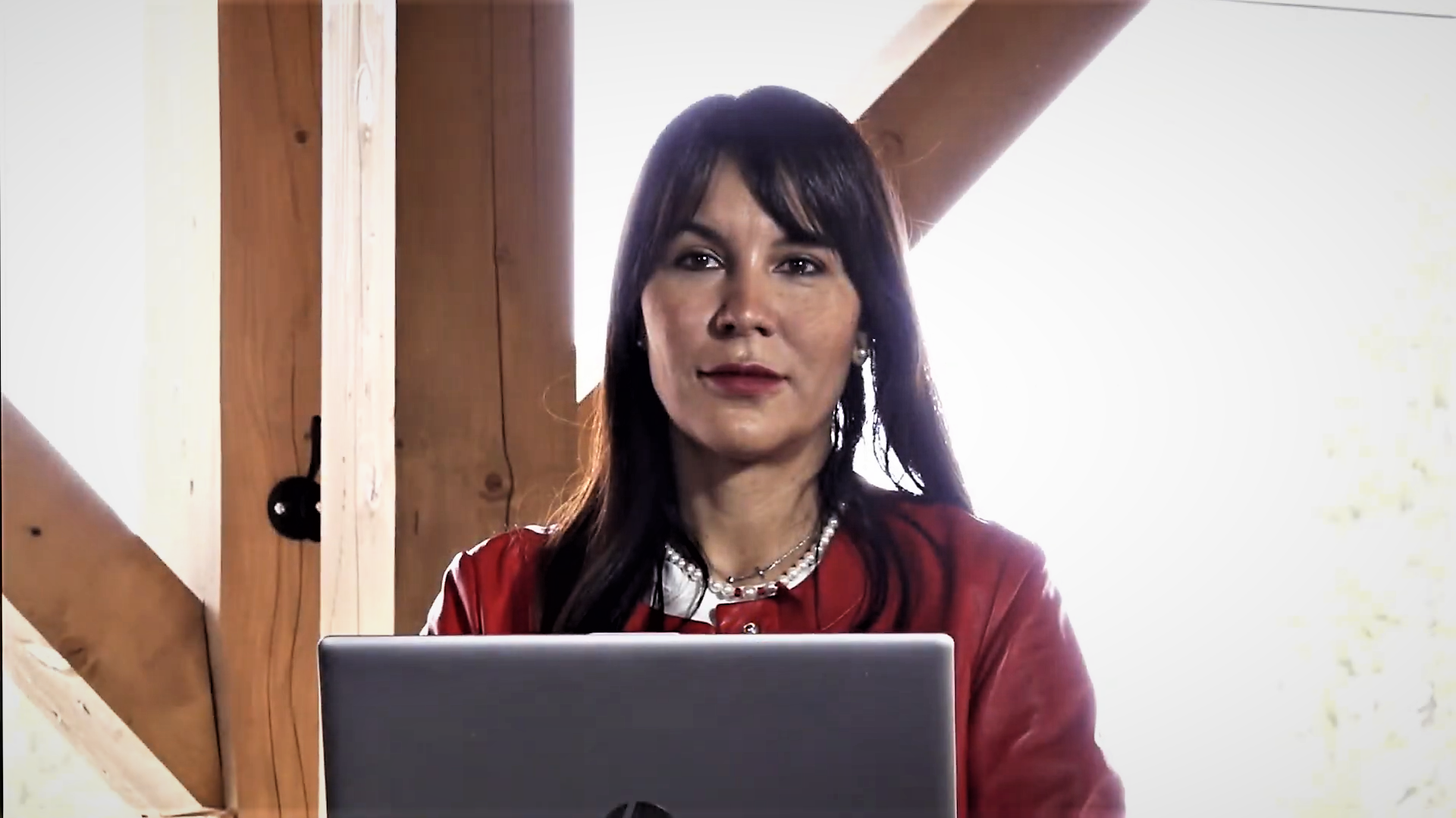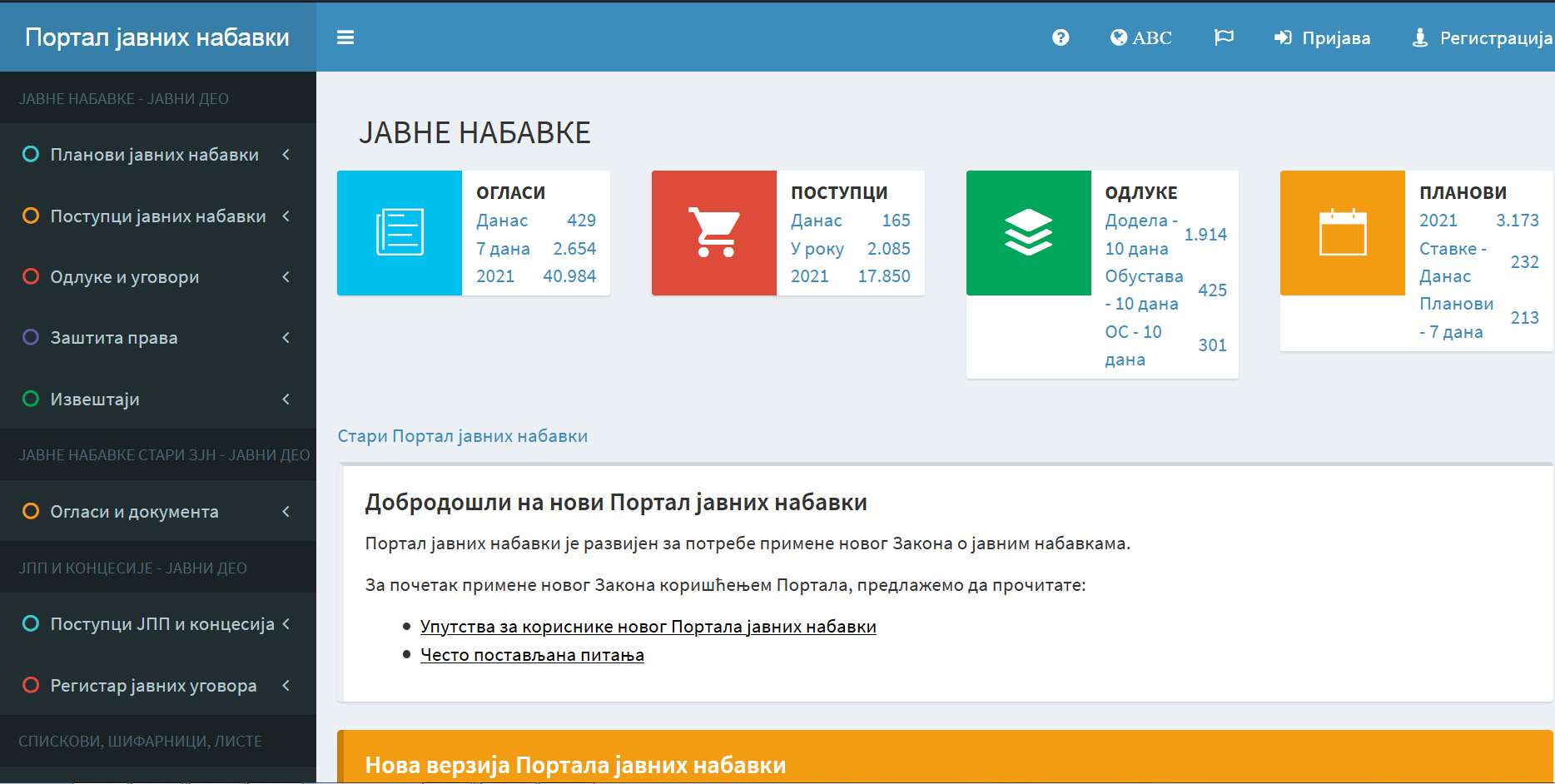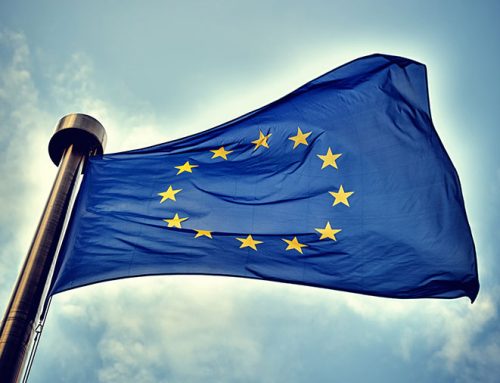The Republic of Serbia spends more than RSD 300 billion per year (more than EUR 2.5 billion) on projects and procurement of goods and services necessary for the functioning of state bodies. That part of the state budget is allocated in line with a public procurement system – a set procedure for receiving bids and signing contracts. Since July 2020, public procurements in Serbia have been done electronically, thus lowering the costs, irregularities and discrepancies significantly.
With the support of the European Union, Serbia now has an electronic public procurement system that can be accessed through the “public procurement” portal, and public authorities continue to modernise their vital services for the benefit of the citizens and economy. This drastically lowers the use of paper in public procurements for both buyers and suppliers. There is no longer a need for one to submit an offer in person, or to be present for public bid opening, which reduces the cost significantly, and is much safer given the circumstances of the COVID-19 pandemic.
The eProcurement system in Serbia enables greater transparency, increased competitiveness, cost savings, as well as easier communication of all interested parties. The portal has introduced a standardised and automated process for buyers and suppliers. In a survey of the users of the portal conducted in April 2021, more than 80 per cent of users claimed that the new portal facilitated the application of the Law on public procurement and participation in bids, while more than 77 per cent of users claimed that the possibility of error in public procurement processes has been minimised thanks to the new portal.
Director of the Public Procurement Office Sandra Damčević highlights that the Office, as a direct beneficiary of the EU-financed project titled “Support for further improvement of Public Procurement system in Serbia”, is quite satisfied with the achieved results. “Serbia has received an upgraded and far more modern, efficient and transparent public procurement system in line with the directives and standards in the EU”.

By introducing the new electronic public procurement system and by harmonising the legal framework with the acquis, the entire public procurement system in Serbia has been upgraded and modernised.
The buyers post their plans, public tenders, accompanying documents and all public procurement listings on the portal, and suppliers send their bids. The suppliers can ask for further explanation of tender documents, they can request access to all documents of the process and even other suppliers’ bids. The eProcurement portal automatically carries out the bid opening and creates a record of opened bids which is then automatically sent out by the portal to all participants in the procurement process.
- The countries using eProcurement systems have recorded cost savings between 5 and 20 per cent, as well as significantly lower investment costs. The system guarantees ecological protection as well, as paper production and transport are cut back, and as (physical) archiving is now redundant.
- After the introduction of the eProcurement system, the hospitals in Portugal have managed to reduce hospital costs by 18 per cent and save around EUR 650 million annually.
The EU has allocated EUR 3.2 million for the “Support for further improvement of Public Procurement system in Serbia” project, which has been implemented in cooperation with the Public Procurement Office. The new legal framework for public procurement, harmonised with the EU public procurement directives, has been created in a joint effort. The key result of this cooperation is the adoption of the Law on public procurement that entered into force on 1 July 2020.
This law enabled a more transparent and competitive public procurement environment that facilitated the participation of companies in public procurement processes. The competition leads to lower prices, higher-quality goods, services and projects, and can serve as a driver for innovation. Many rules and requirements have become simpler, more flexible and less bureaucratically demanding.

This will significantly attribute to getting the most out of taxpayers’ money, and lower the risks of any irregularities in public procurements. The institutions in Serbia and the public have thus received a tool for further combat against corruption and irregularities in public procurement.
More than 50 workshops, seminars, webinars, conferences and round tables with more than 3000 participants have been organised in cooperation with the Public Procurement Office. The tutorials, manuals and procedure explanations for the eProcurement system are available in the online library of the Public Procurement Office.
The EU has also helped with necessary institutional prerequisites through equipment donation, creation of centralised database registers and the development of the eGovernment portal.




